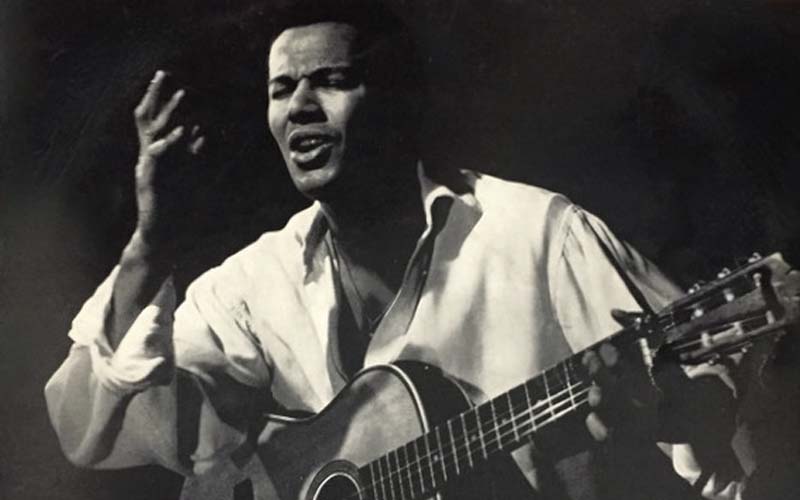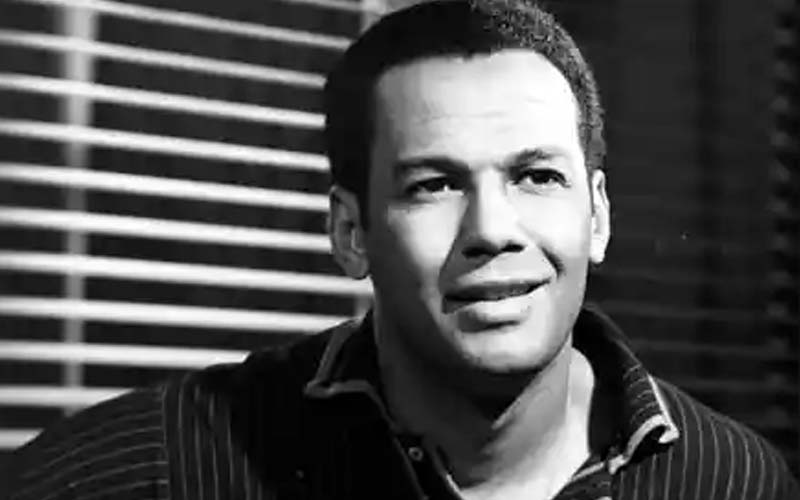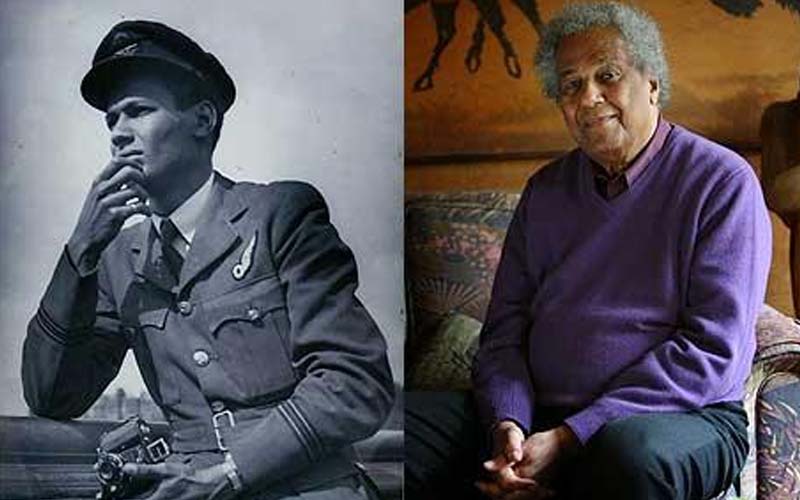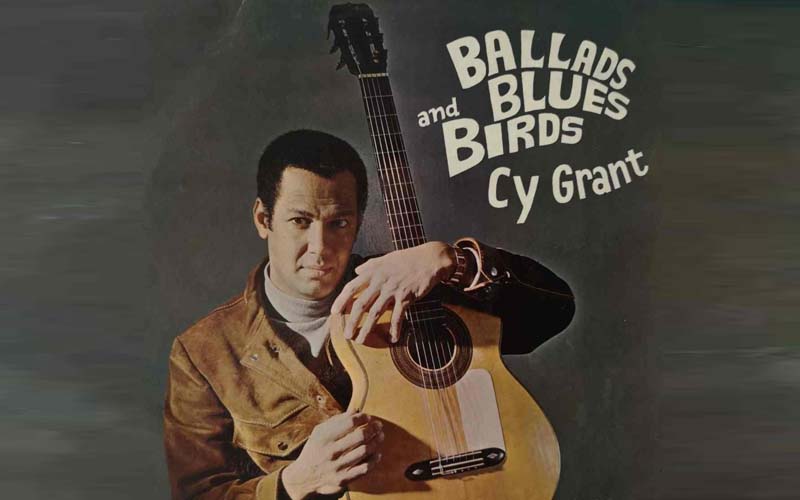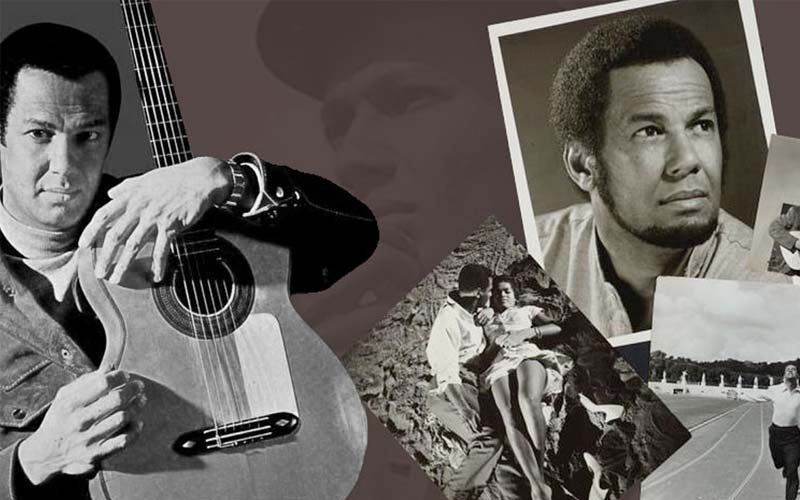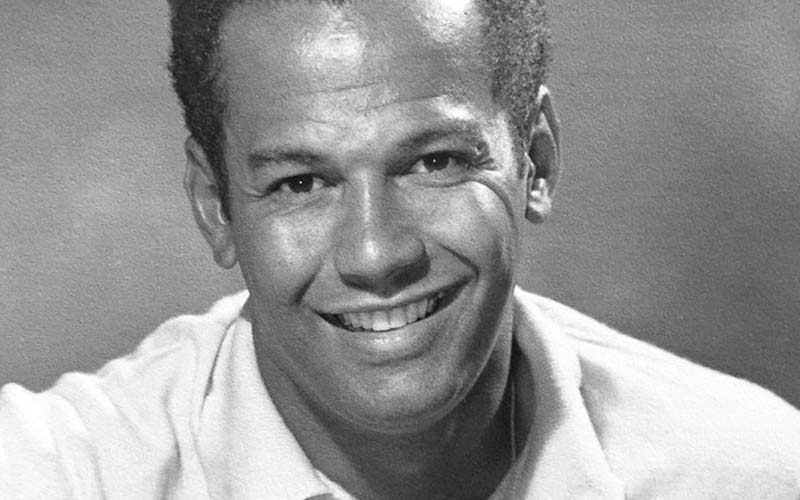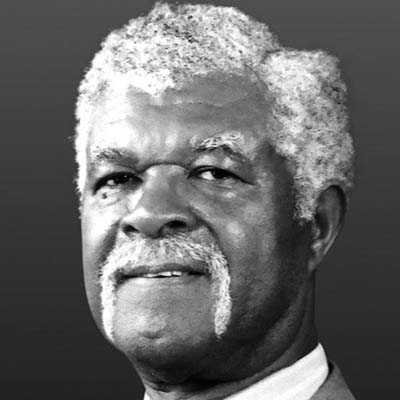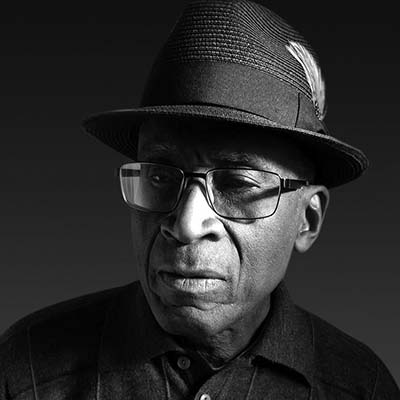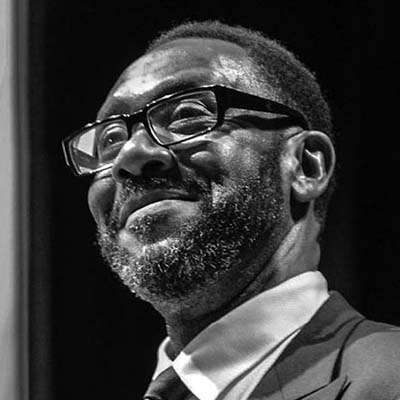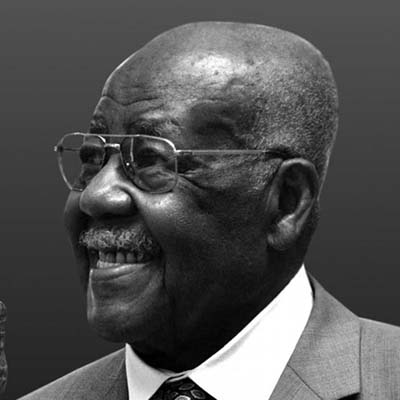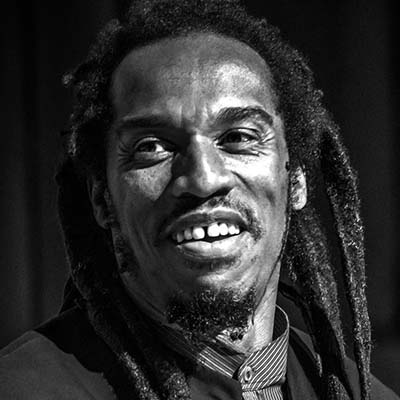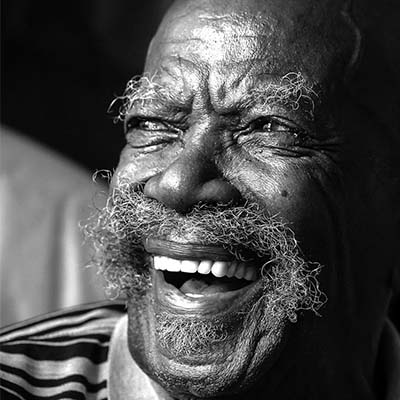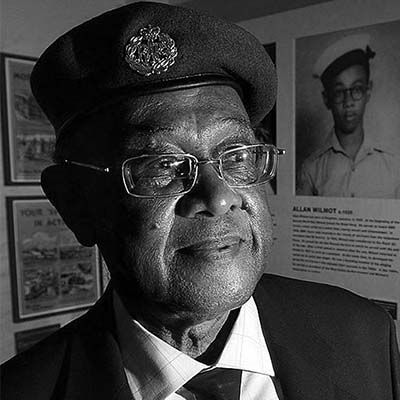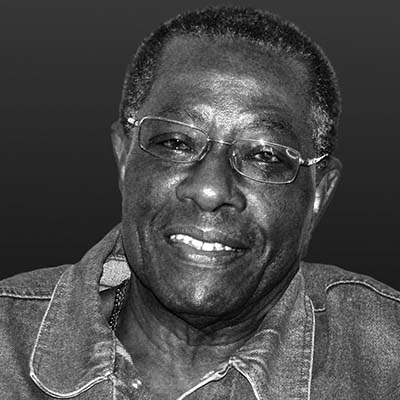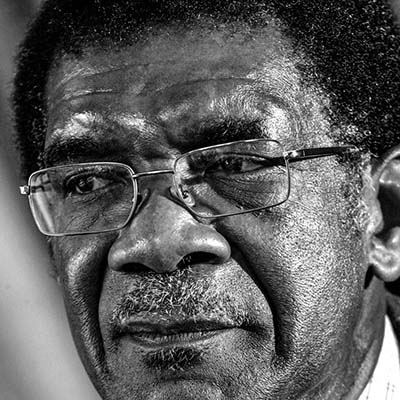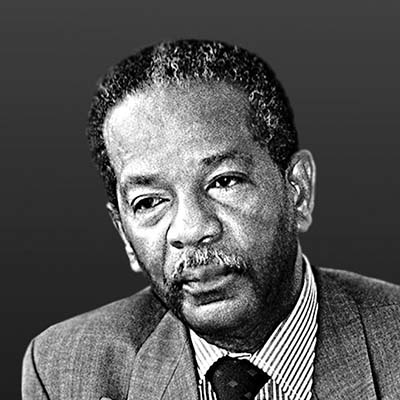Cy Grant
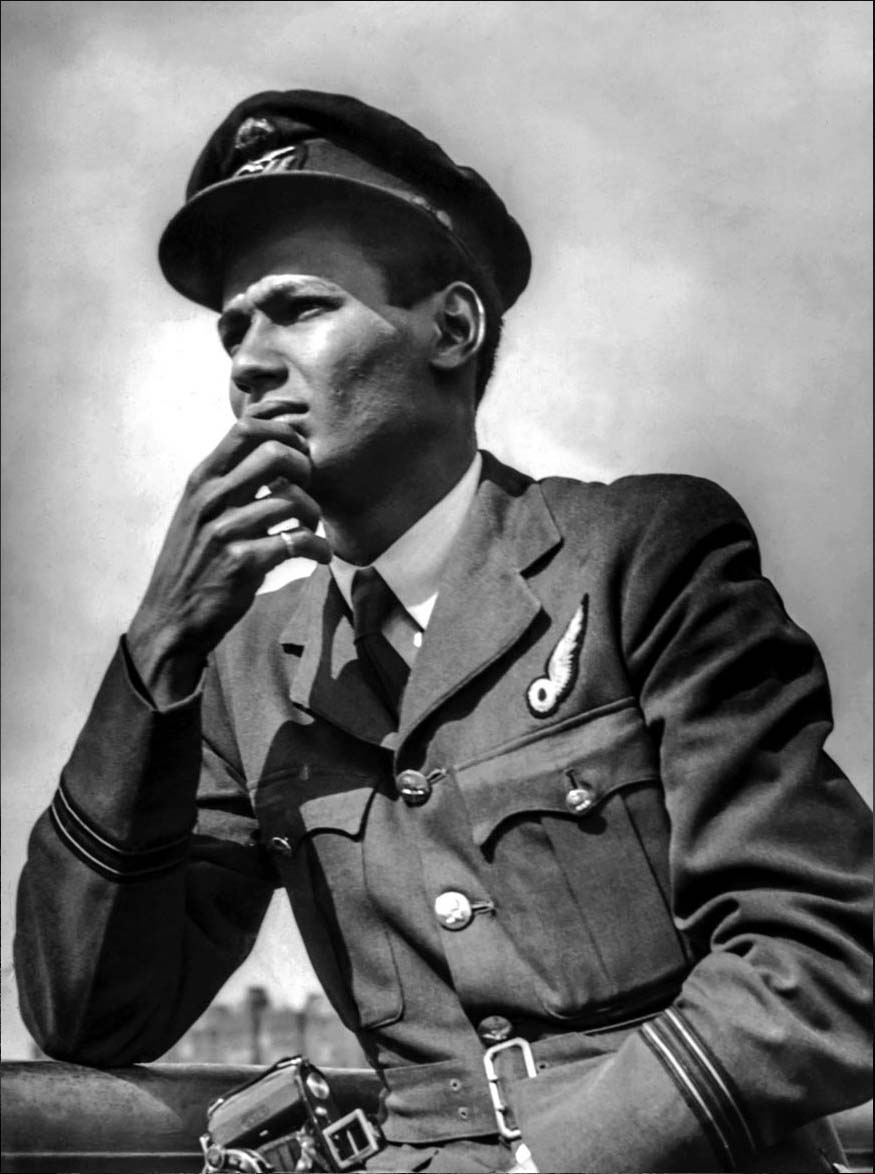
A former German prisoner of war, Flight Lieutenant Cy Grant would become the first black person to appear regularly on TV in the 1950s as a singer and matinee idol before becoming a cultural activist, as well as a poet, musicologist and author
Share this:
After the war, he studied law, qualifying for the Bar in 1950 but was unable to find work. To make ends meet, he decided to try his hand at acting. Tall, good looking and charming, he was quickly snapped up and was soon appearing in film and TV dramas. In 1957, he was asked to take part in the BBC’s daily current affairs programme, Tonight. His job was to sing the news in calypso.
The show was a huge success and, as the first black face to appear regularly on the small screen, Cy became a household name. He went on to become an in-demand singer and recorded several albums. By the early ‘70s, disenchanted with the narrow opportunities black performers were afforded, Cy turned his back on showbiz. He established the Drum Arts Centre in London to promote cutting edge black theatre and in the 1980s became director of Concord, a series of festivals championing multiculturalism. He continued to act and in 1977 he performed his one-man show of Aime Césaire’s epic prose poem Return to My Native Land.
“Tall, good looking and charming, he was quickly snapped up and was soon appearing in film and TV dramas. In 1957, he was asked to take part in the BBC’s daily current affairs programme,”
A published poet, he was also the author of several books, including his 2007 autobiography, Blackness and the Dreaming Soul, which outlined his Taoist-influenced personal philosophy.
Dismayed at the lack of official information on Caribbean aircrew during World War II, Cy set up an online archive “to trace and commemorate for all time, all those whose services have not been acknowledged”. In 2016, the Cy Grant Trust, Windrush Foundation and London Metropolitan Archives jointly set up a project to promote his extraordinary legacy.
Check out more of our Pioneers and Champions
Privacy Policy | Registered charity number: 1159291 | Copyright © 2024 Windrush 70 | Design: ATOMIC CONCEPTS

